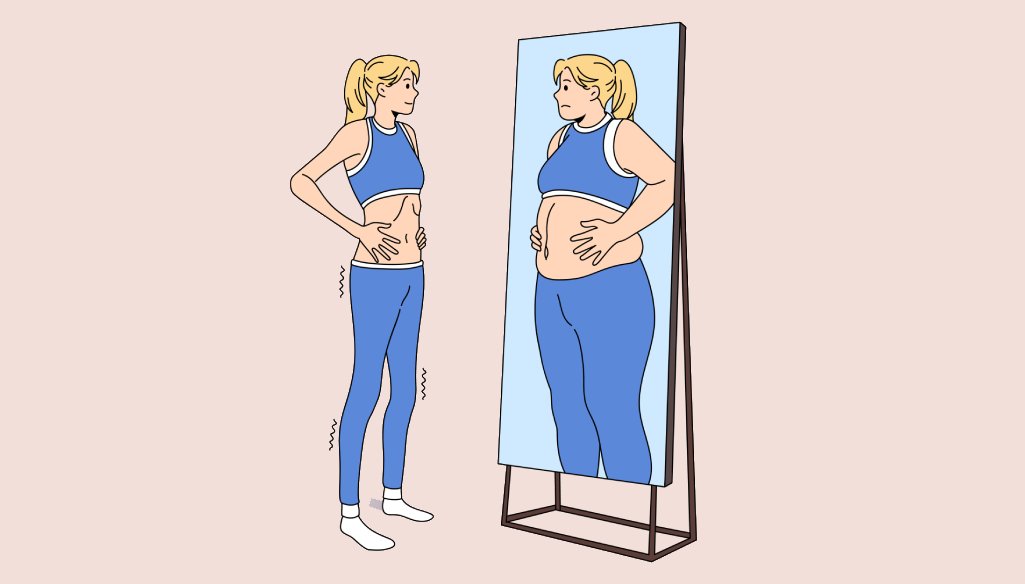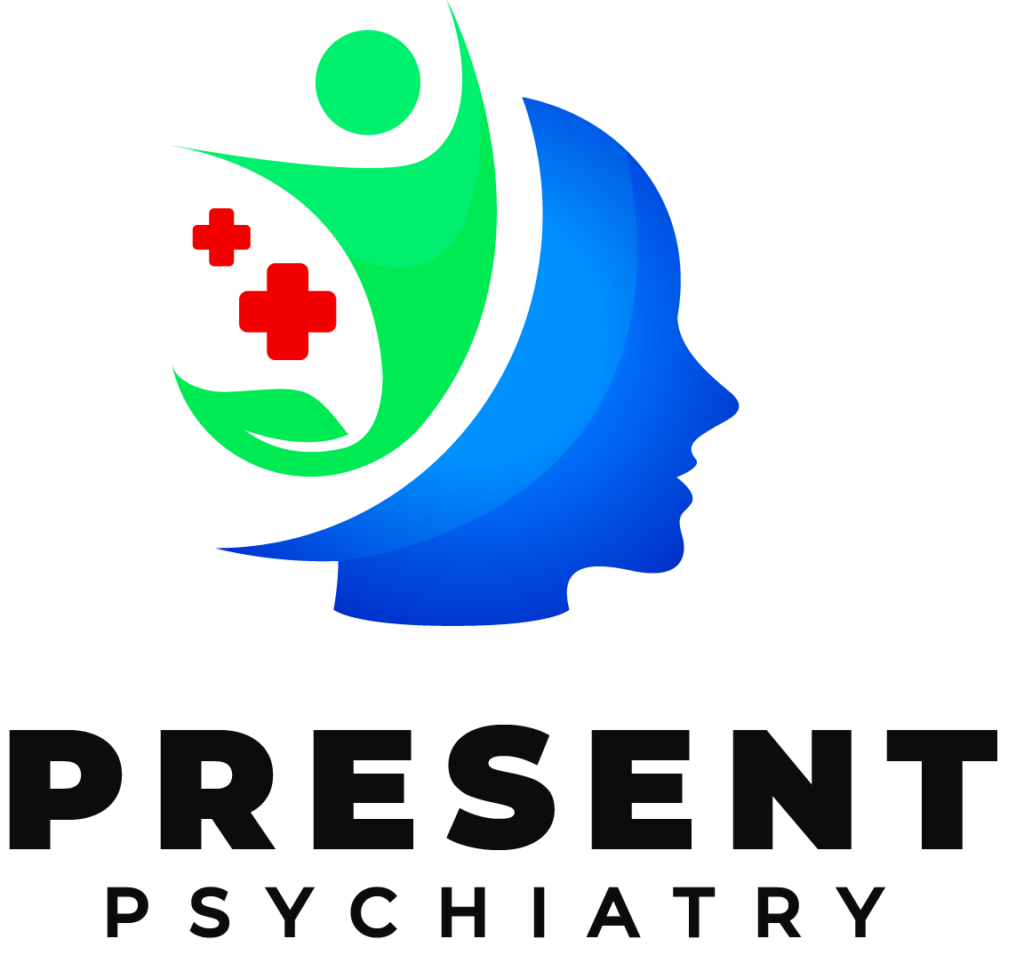In a world obsessed with perfection, it’s easy to fall prey to distorted perceptions of self. Millions of Americans silently battle Body Dysmorphic Disorder (BDD) and Obsessive-Compulsive Disorder (OCD)—two conditions that are often misunderstood and stigmatized. According to recent data, approximately 2.4% of Americans suffer from OCD, while 1.7% grapple with BDD. Though these disorders share overlapping traits, they are distinct mental health issues requiring specialized care. Understanding their nuances is critical for promoting mental health awareness and ensuring timely treatment.
Differences Between BDD and OCD
At first glance, BDD and OCD may seem similar, as both involve intrusive thoughts and repetitive behaviors. However, the core concerns differ:

- BDD focuses on perceived flaws in physical appearance. Individuals may obsess over a “flawed” nose, skin, or body shape, often spending hours scrutinizing their reflection or avoiding mirrors altogether.
- OCD, on the other hand, centers around fears unrelated to appearance, such as contamination, harm, or orderliness. Common compulsions include handwashing, checking, or arranging items symmetrically.
Examples of Each Condition
- A person with BDD might spend hours editing their photos before posting them online, unable to accept their real appearance.
- Someone with OCD may repeatedly check if the door is locked, fearing a break-in despite knowing it’s secure.
Causes
While the exact causes remain elusive, both disorders stem from a combination of biological, psychological, and environmental factors:
- Genetics: A family history of mental health disorders increases susceptibility.
- Brain Chemistry: Abnormalities in serotonin levels can play a role.
- Trauma: Childhood bullying or abuse often triggers BDD, while OCD can develop following stressful life events.
Effects on Daily Life
BDD and OCD significantly impair quality of life.
- For BDD: Social isolation, low self-esteem, and eating disorders are common repercussions.
- For OCD: Excessive time spent on compulsions can hinder work, relationships, and daily functioning.
Both disorders increase the risk of depression, anxiety, and suicidal ideation if left untreated.
Symptoms to Look Out For
BDD Symptoms:
- Excessive grooming or cosmetic procedures.
- Avoidance of social settings due to appearance concerns.
- Distorted body image despite reassurances from others.
OCD Symptoms:
- Intrusive, distressing thoughts.
- Repeatedly performing rituals to reduce anxiety.
- Awareness that compulsions are irrational but feeling powerless to stop.
Treatment Options
Therapies
- Cognitive-Behavioral Therapy (CBT): The gold standard for both BDD and OCD, CBT helps patients identify and challenge negative thought patterns.
- Exposure and Response Prevention (ERP): Especially effective for OCD, ERP involves gradual exposure to feared situations without engaging in compulsive behaviors.
- Group Therapy: Sharing experiences with others fosters support and reduces stigma.
Psychiatric Medications
- Selective Serotonin Reuptake Inhibitors (SSRIs): Medications like fluoxetine and sertraline are often prescribed to manage symptoms of both BDD and OCD.
- Antipsychotics: In severe cases, these may be used to reduce obsessive thoughts.
- Combination Therapy: A mix of medication and psychotherapy offers the most comprehensive treatment.
The Importance of Psychiatric Care
Mental health is just as vital as physical health. Neglecting conditions like BDD and OCD can lead to a downward spiral of despair. Rizwan Ali, a mental health specialist at Present Psychiatry, emphasizes:
“Your mind is your most valuable asset. Treating it with care isn’t a luxury—it’s a necessity.”
Body Dysmorphic Disorder and OCD are complex, life-altering conditions, but they are not insurmountable. Early diagnosis and professional intervention can help individuals reclaim their lives. At PresentPsychiatry.com, we’re dedicated to offering compassionate, evidence-based care for all mental health challenges.
Take the first step today. Visit PresentPsychiatry.com and let us guide you toward healing. Your journey to mental well-being starts now.
Post Tags :
WE STRIVE HARD AND PROMISE TO DELIVER
- 5600 NW Central Dr Suite 280, Houston, TX 77092, United States
- +1 832-552-1578
- inquire@presentpsychiatry.com



